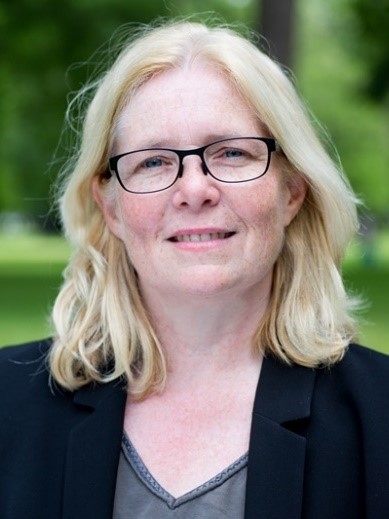Ellen Matthies

Prof. Dr. Ellen Matthies
Session: Circular Society - Research at the Interface of Technology, Societal Support and Individual Appropriation
Title: Do simple heuristics make us
smart in the transition towards a
sustainable society?
Ellen Matthies is professor of environmental psychology at the Otto-von-Guericke-University since 2011, from 2009 to 2011 she was professor at the Norwegian University of Science and Technology, Trondheim, Norway, and member of the “Environment and Risk Psychology”-unit. She did her habilitation at the Ruhr-University Bochum, where she also received her PhD. Her research focus is on the analysis of environmentally relevant behaviours and decisions. Ellen Matthies has guided several research projects in the fields of social and environmental psychology (mainly funded by the DFG but also by the Norwegian Research Council, the German Federal Ministry of Education and Research, or the European Commission); her work group in Magdeburg focuses on the many roles of individuals in a transformation process towards a sustainable society. Most of the current research projects are inter- and transdisciplinary, ranging from analyses of individual acceptance of policy measures, via cognitive biases in consumption decisions to investigations of the relation between wellbeing and individual support of the transformation.
Ellen Matthies was member of the German Advisory Council on Global Change (WBGU) (2013 to 2020), she is a member of the board of directors of ESYS (Energy Systems of the Future, an initiative of the German Academies of Sciences), and since February 2022 Spokesperson of the Environmental psychology division of the German Psychological Society (DGPs).
Title: Do simple heuristics make us smart in the transition towards a sustainable society?
Change processes in democratic societies need not only strong single actors, but in particular active support of the citizens. Environmental psychology and environmental sciences in general assume that information and problem awareness play an important role for the willingness to engage in new behaviours or to support policy measures in the transformation. In the presentation I will invite a different perspective and take “cognitive biases” into account. Evidence that common everyday heuristics, scripts and narratives can also be barriers to the transformation will be presented and discussed.






